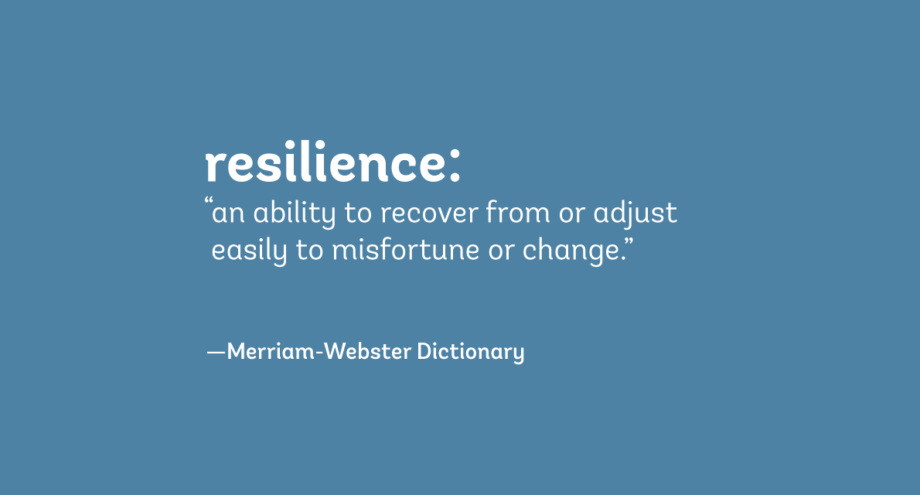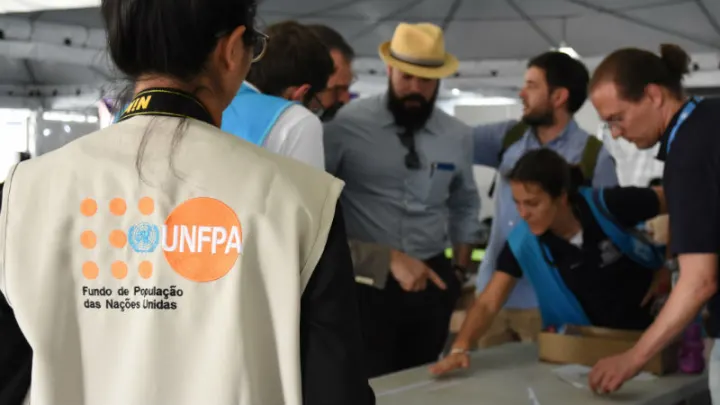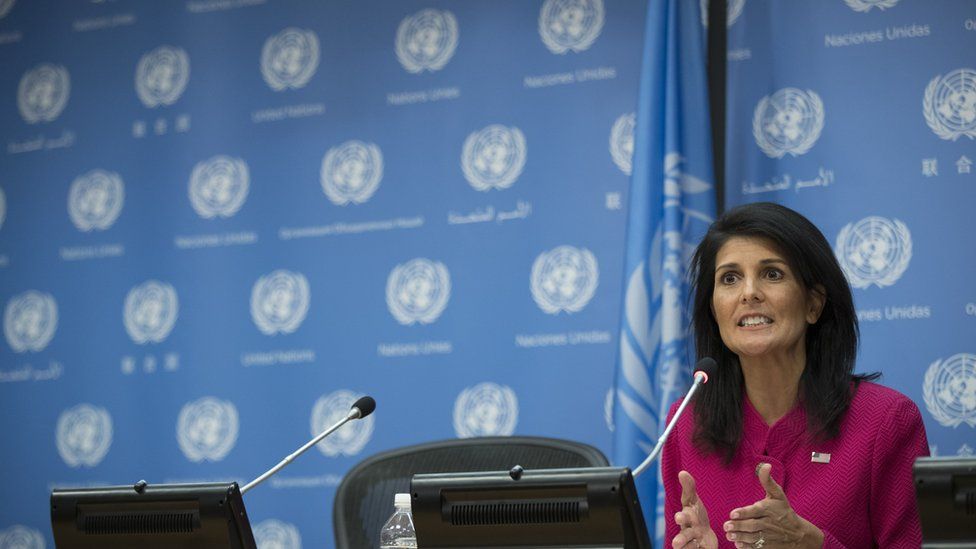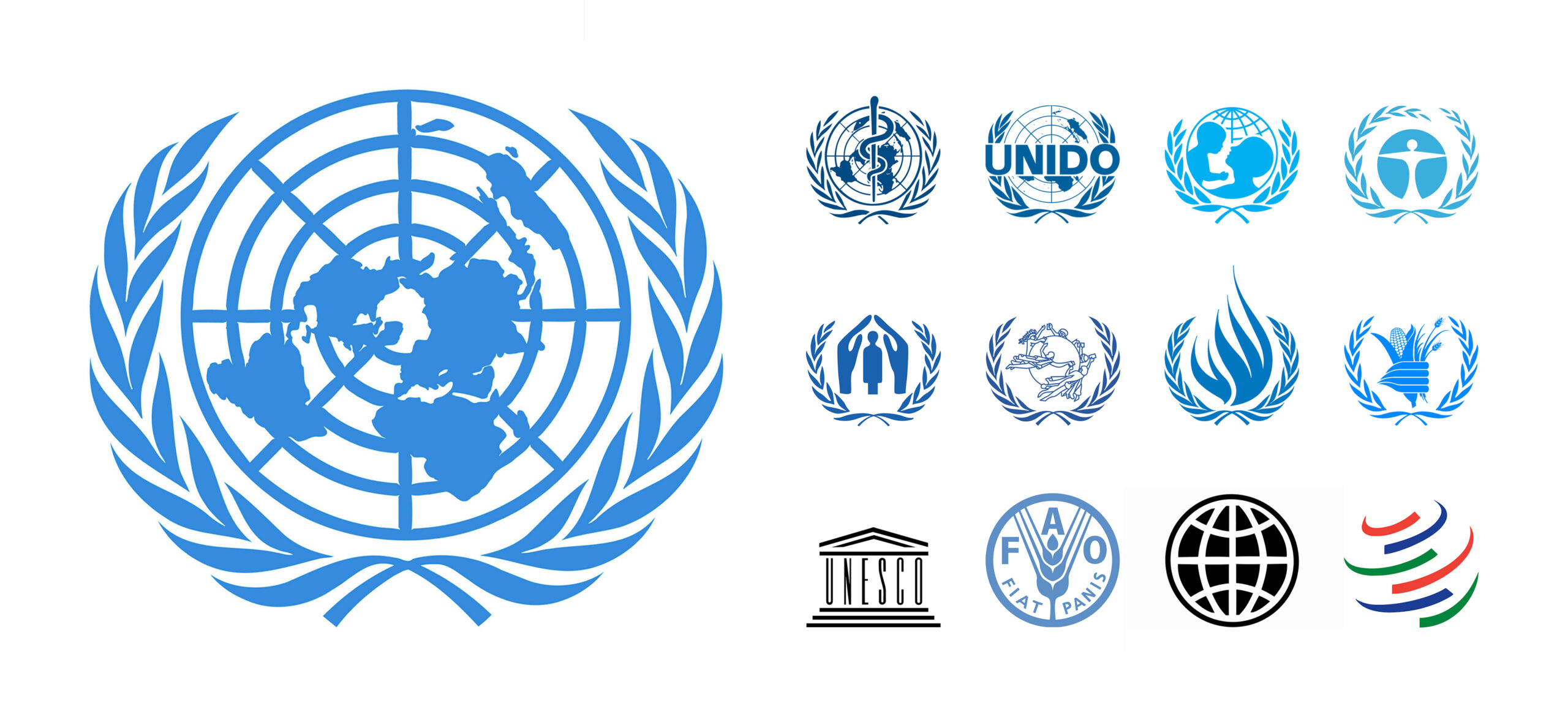By Evi Tsakali,
During my years of studies in France, I have had to deal with the statement “international organizations do not function/are useless/have not delivered/have not met our expectations” (most frequently concerning the United Nations and its specialized agencies); more times than I can count (or that I can stand). Dogmatism and stubbornness aside, International Organizations’ resilience is indeed a topic upon which a debate has been instigated over the years, due to the resistance that IOs are facing both from societies and member states. Quite recent examples include the threat of an alarming number of African states to leaving the International Criminal Court, the decision of the United Kingdom to leave the European Union by voting in favor of Brexit, as well as the cuts in the United States’ financial contributions to various international organizations under Donald Trump’s government.
In order to address the issue, I will be guided by a related academic paper published by Dr. Gisela Hirschmann, Associate professor of International Relations at the Institute of Political Science of Leiden University. What makes the paper in hand innovative is that – to this day – academia had mainly focused on other member-states’ reactions, rather than the internal dynamics of IOs in response to their existential challenge. It is the latter that the author attempts to cover in her publication, by extracting a typology of IOs’ bureaucratic response to contestation. Thus, she distinguishes three types of bureaucratic response, namely inertia (no response to the contestation), adaptation (introducing institutional changes to maintain the support of the challenging member-state), and – finally – resilience-building (Developing organizational capacities to limit contestation by member-states).

Regarding the first type, inertia, the author follows the example of McConnell and Hart by defining it as “an instance and/or pattern of non-intervention”. Observations at a bureaucratic level include keeping a low profile, continuing to work without changes, and avoiding unfavorable headlines (by refusing to issue public statements or press declarations). The method of adaptation, described next, implies that The IO changes its policy to maintain the support of the challenging state(s) (or grants them greater influence); the goal is to accommodate the contesting state to the point where this state refrains from further contestation. Finally, resilience-building indicators in IOs consist of institutional changes (for example, a more permanent body for crisis management, resource diversification, and a larger and more diversified staff body), shaming (a strategy of normative sanctioning that can lead to reputational damage for the contesting member) and External coalitions (with peer organizations, like-minded member-states, non-state actors).
In the following part of her study, Dr. Hirschmann applies this typology to practice via a case study of IO contestation. Specifically, she chooses the United Nations Population Fund (UNFPA) because of the contestations by the United States of America that it has dealt with on three different occasions (the first one at the very beginning of its existence), as well as due to the UNFPA being a relatively small IO and thus its responses to so critical contestations constitute an example for larger-scale organizations.

The first budget cuts took place under the Reagan administration in the context of the announcement of the one-child policy in China (1980) and the strengthening of anti-choice and religious positions in the US. During the International Population Conference (Mexico, 1984), the US delegate stated the following: “Βefore the US will contribute funds to the United Nations Fund for Population Activities, it will first require concrete assurances that the UNFPA is not engaged in and does not provide funding for, abortion or coercive family planning programs”. The first impulsive reaction of the UNFPA would be categorized, according to the author’s typology as inertia and adaptation. According to the UNFPA Executive Director at the time, they tried hunkering down in the beginning, and – meanwhile – the UNFPA tried to accommodate the United States’ needs (by talking to the Chinese behind the scenes and trying to persuade the US to reverse its position). However, after a change in the organization’s leadership in 1987, the UNFPA focused on the professionalization of its fundraising activities, thus managing, in some years, to double contributions from other donors.
The aforementioned prepared the UNFPA for the second strike of the US which came under the Bush administration. This time, the US requested that the UNFPA manage US funding in separate accounts (so that it is not used on programs in China). The UNFPA was not only prepared after its first experience but was also used to the unreliability of US funding and internal senior positions would no longer be given to Americans. In addition to the preventative measures already taken, its response to this contestation consisted of establishing a liaison office in Brussels, with a view to mobilizing funding from the European Union, while shaming the US by the new donors. Support by individual campaigns also helped compensate for the loss of US funds.

Finally, the last budget cuts by the US took place when Donald Trump took office in 2017, with an additional request later that the UN remove any references to reproductive health from its humanitarian response to the COVID-19 plan. Nevertheless, even before the announcement, the UNFPA’s leadership had secured the support of important donor states, which was of pivotal importance to its contestation response. The two mechanisms that prevailed: coalition building and professionalization (with a Strategic Partnerships Branch being established to reach out to private actors). This time, hunkering down (inertia) was not an option and could even be dangerous (the IO decided to push back for the first time with the public support of the UN SG).
In conclusion, the findings illustrated in this article could be summarized into two essential points; first of all, they depict how “small-scale surprises” may lead to inertia and this “wait and see” attitude (whereas more costly challenges may result in resilience building), besides revealing another catalyst; the position of other member states (resilience-building is mostly achieved through unity).
References
- Hirschmann, Gisela. International organizations’ responses to member state contestation: from inertia to resilience. International Affairs, Volume 97, Issue 6, November 2021 (pg 1963–1981).
- Μπρεδήμας, Αντώνης. Κυριακόπουλος, Γιώργος. Δίκαιο Διεθνών Οργανισμών. Νομική Βιβλιοθήκη, 2016.




